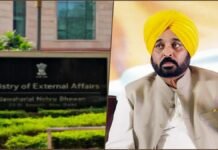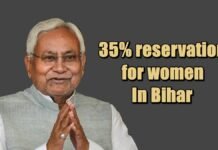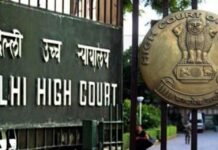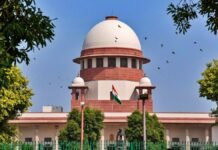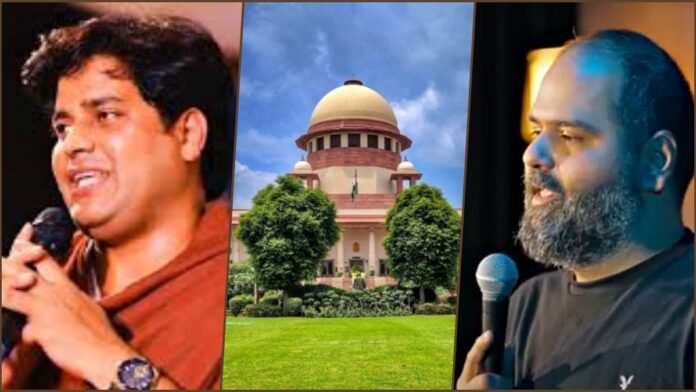
Key Points:
- Supreme Court’s Landmark Ruling: SC quashes FIR against Congress MP Imran Pratapgarhi, reaffirming the importance of free speech and artistic expression.
- Satire and Democracy: Court emphasizes that poetry, satire, and art are vital for a healthy democracy, encouraging expression even if unpopular.
- Relief for Kunal Kamra: SC’s observations on freedom of speech provide hope for Kamra, who faces legal trouble over his satirical remarks on Eknath Shinde.
- Madras HC Grants Bail: Kamra receives interim anticipatory bail until April 7 from Madras High Court amid threats and FIRs filed against him.
New Delhi: The Supreme Court has delivered a landmark judgment in favor of free speech by quashing the FIR against Congress MP Imran Pratapgarhi. The case stemmed from allegations that Pratapgarhi’s poem, shared during a mass marriage event in Jamnagar, Gujarat, incited animosity. However, the court ruled that the poem did not promote hatred but instead encouraged people to face injustice with love.
A bench comprising Justices Abhay S. Oka and Ujjal Bhuyan underscored the significance of freedom of expression as a cornerstone of democracy. “Literature, poetry, drama, satire, and art make life more meaningful. Suppressing such expressions would stifle legitimate views essential for a free society,” the court stated.
The judgment also highlighted that unpopular opinions must be countered with dialogue rather than legal action. It warned against overreacting to artistic expressions, stating that democracy thrives on diverse perspectives.
Connection to Kunal Kamra’s Case
This ruling is particularly relevant to stand-up comedian Kunal Kamra, who is embroiled in controversy over his satirical remarks targeting Maharashtra Deputy Chief Minister Eknath Shinde. Kamra’s parody performance during his Naya Bharat tour led to vandalism by Shiv Sena supporters and an FIR accusing him of defamation and public mischief.
Kamra has defended his comedy as an exercise of free speech under Article 19(1)(a) of the Constitution. The Supreme Court’s observations in Pratapgarhi’s case bolster his argument that satire is an integral part of democratic discourse. If Kamra’s case reaches the Supreme Court, this precedent could pave the way for relief.
Madras High Court Grants Interim Bail
Meanwhile, Kamra has secured interim anticipatory bail from the Madras High Court until April 7. Justice Sunder Mohan acknowledged Kamra’s concerns about threats to his safety and inability to approach courts in Maharashtra. The court directed him to execute a bail bond before the jurisdictional magistrate.
Kamra’s troubles began after Shiv Sena MLA Muraji Patel filed an FIR accusing him of calling Shinde a “traitor” during his act. Despite not naming Shinde directly, Kamra’s satire referenced political shifts within Maharashtra’s Shiv Sena and NCP factions. The fallout included violent protests at his performance venue in Mumbai.
Implications for Artistic Freedom
The Supreme Court’s ruling in Pratapgarhi’s case serves as a reminder of the judiciary’s role in safeguarding fundamental rights. It emphasized that artistic expressions should not be criminalized unless they clearly incite violence or hatred. This stance is crucial as India grapples with increasing legal actions against artists and comedians.
Kamra’s case highlights the delicate balance between humor and politics in a polarized environment. As debates around freedom of speech intensify, judgments like these reaffirm the importance of protecting creative voices.
For now, Kamra enjoys temporary relief while awaiting further hearings in April. The Supreme Court’s defense of satire and art provides hope for comedians and artists navigating legal challenges in India’s evolving democratic landscape.

